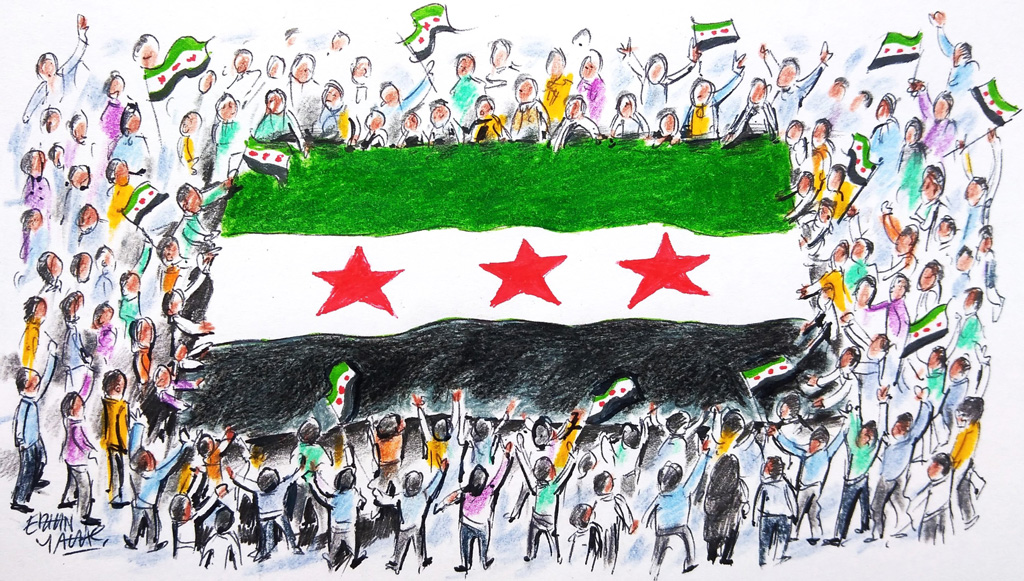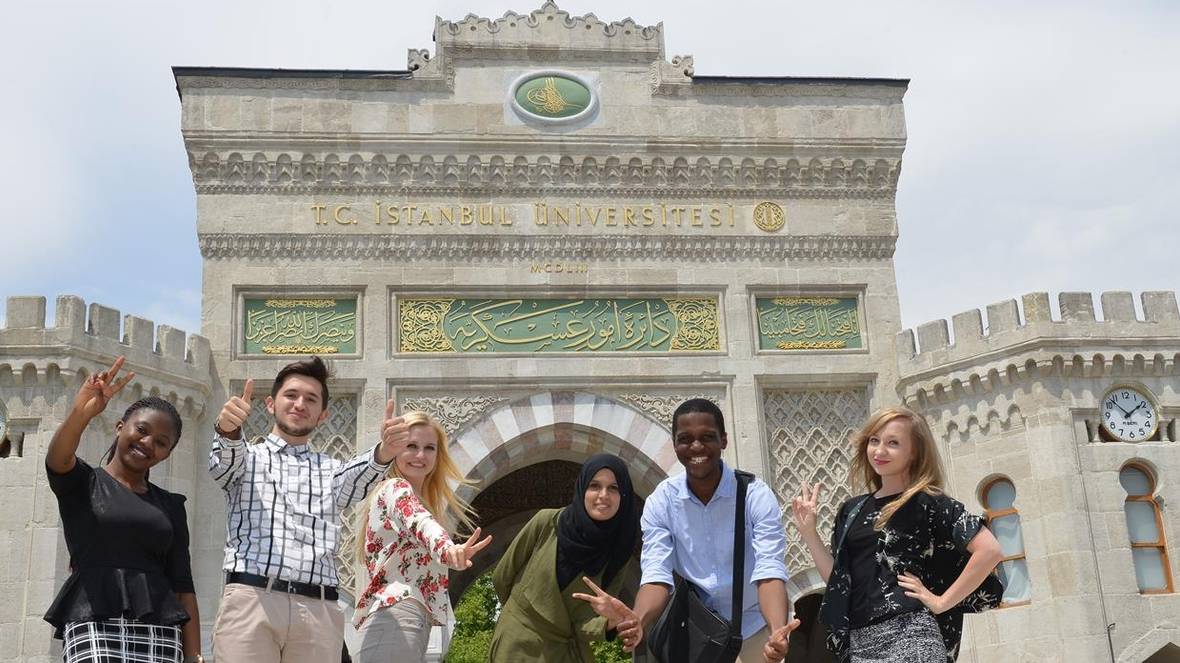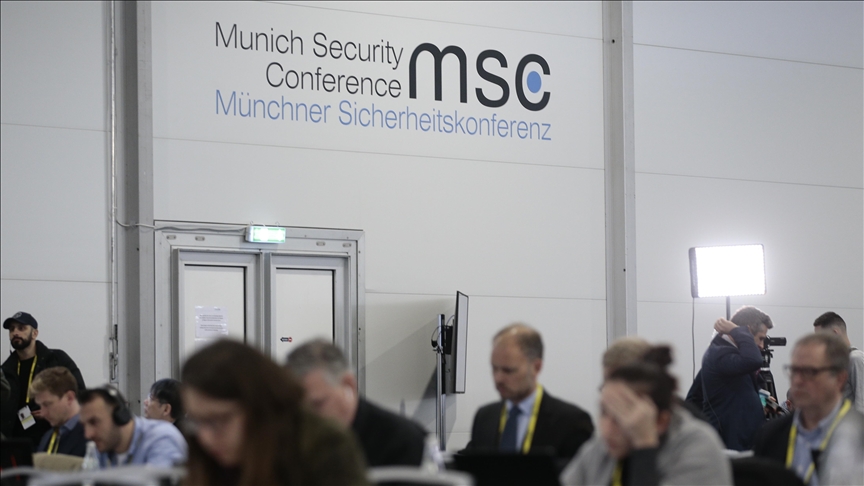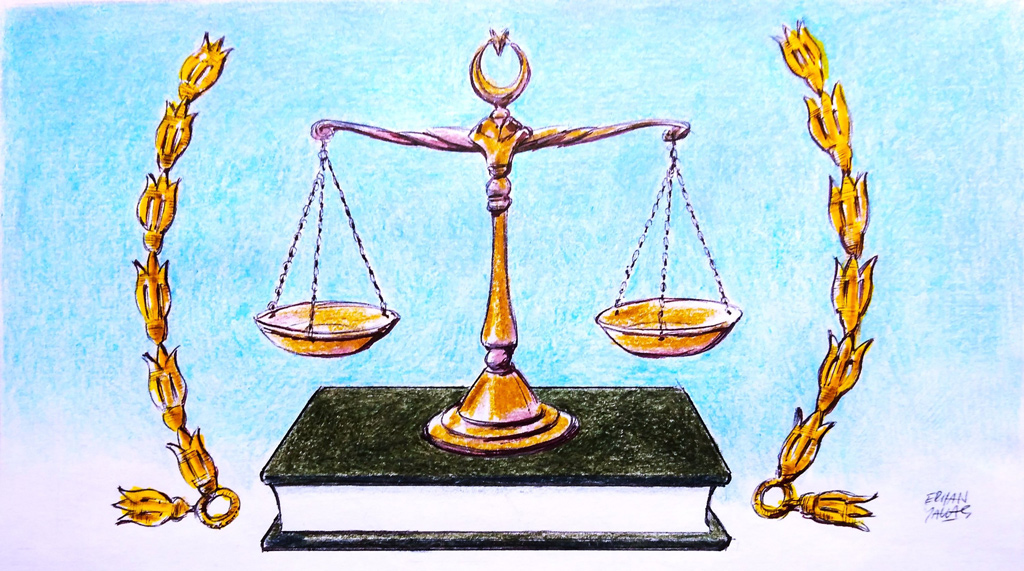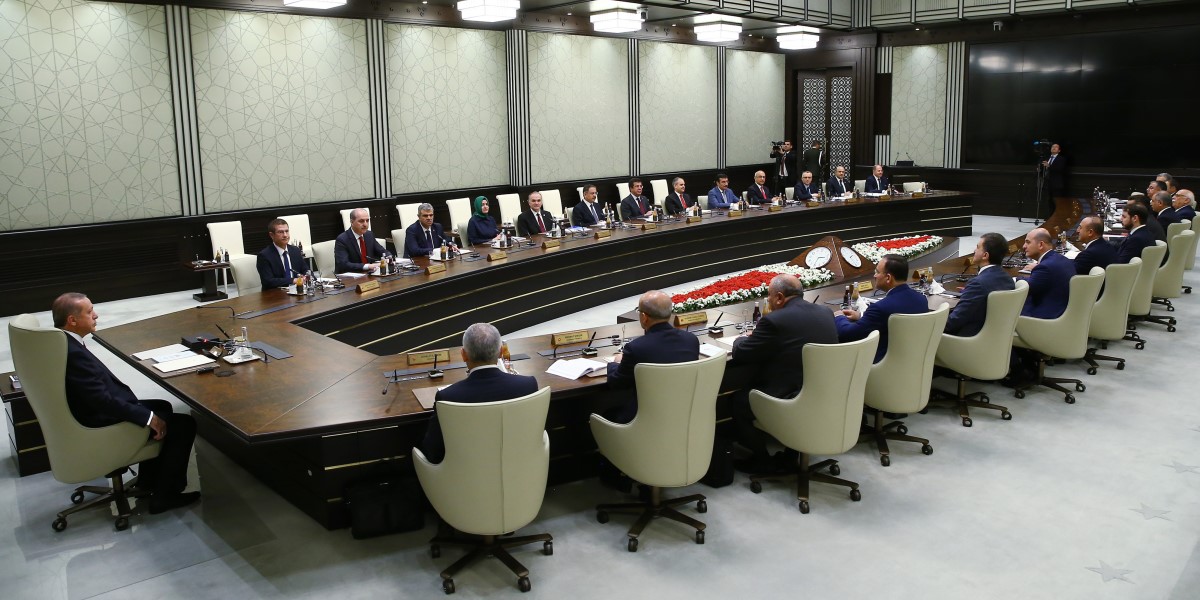
Brewing Fight over Presidentialism in Turkey
What keeps opposition leaders up at night is the off chance that the AK Party will be able to build a grand multi-party coalition to push presidentialism through Parliament.
Share
Wednesday, President Recep Tayyip Erdoğan chaired the newly formed government's inaugural Cabinet meeting at the Presidential Complex in Ankara. The choice of venue for the historic event not only highlighted the commitment of Prime Minister Binali Yıldırım, who replaced Ahmet Davutoğlu as AK Party chairman on May 22, to introducing a presidential system, but also openly acknowledged that Turkey already has a semi-presidential system of government.
Over the next months, the Justice and Development Party (AK Party) leadership will presumably keep pushing for changes to the 1982 Constitution. According to senior party officials, the first step will be a public declaration of principles and guidelines on the new constitution and the proposed transition to presidentialism. Moving forward, the AK Party will submit a draft constitution to Parliament to kick start formal proceedings.
Keeping in mind that opposition parties might prove unwilling to endorse a complete transition to presidentialism, the AK Party leadership has one more trick up their sleeves – a limited version of the original plan to specifically amend the 1982 Constitution's provisions stipulating that the president must be equidistant from all political parties.
As the ruling party goes through the motions, the proposed transition to a presidential system of government will be the subject of fierce public debate over the summer months. And politicians still cannot talk about the proposed changes like adults because opposition parties remain unwilling to come up with viable alternatives to the AK Party's road map. Instead of engaging in meaningful policy discussions, the AK Party's critics have been crying wolf about what they call an impending civil war, bloodshed and street protests.
To be clear, domestic and international challenges further complicate an already confusing situation.
For starters, politics remains a heavily contested battleground between uncompromising players in Turkey. The Nationalist Movement Party (MHP), which certain commentators hope could undermine the AK Party's power, will hold an emergency convention in the coming weeks to settle a prolonged dispute between Chairman Devlet Bahçeli and party dissidents. In the meantime, several members of the Peoples' Democratic Party (HDP), whose parliamentary immunities have been lifted, will stand trial. Moreover, the Republican People's Party (CHP) has been trying to mobilize violent protests by claiming blood will flow in the streets if the AK Party does not give up on presidentialism. On Tuesday, CHP Chairman Kemal Kılıçdaroğlu, who fuels anti-Erdoğan sentiments to keep his party together, allowed his supporters to scream obscenities at the president as a prelude to street violence.
At this point, opposition leaders are too short-sighted to understand that promoting anti-Erdoğan sentiments to achieve short-term goals have a positive effect on the AK Party – not that they could reduce their dependence on negative campaigning if they tried. As a matter of fact, the AK Party has been able to strike raw nerves within and among opposition parties to dominate domestic politics. Having sided with the MHP on national security, the AK Party effectively twisted the main opposition's arm to push a constitutional amendment on immunities through Parliament.
At the same time, the HDP finds it impossible to impress the public at a time when the PKK targets citizens at home and builds an army in northern Syria. Even though the terrorists had to withdraw from Nusaybin, the main transit hub between Turkey and northern Syria, the PKK's Syrian affiliate Democratic Union Party (PYD) and its People's Protection Units (YPG) militia keeps getting stronger thanks to support from Russia and the United States. Over the next months, the PKK leadership, encouraged by YPG advances in Syria, might redouble their efforts to target citizens in Turkey.
What keeps opposition leaders up at night is the off chance that the AK Party will be able to build a grand multi-party coalition to push presidentialism through Parliament. To stop the AK Party in its tracks, Kılıçdaroğlu and others have been threatening to shed blood on the streets, which might just push MHP voters closer to the ruling party and create a center-right bloc capable of amending the Constitution without outside help.
[Daily Sabah, May 30, 2016]
Tags »
Related Articles
Policy Report
European Sky Shield Initiative | Capacities, Criticisms, and Türkiye’s Contribution
February 2025



